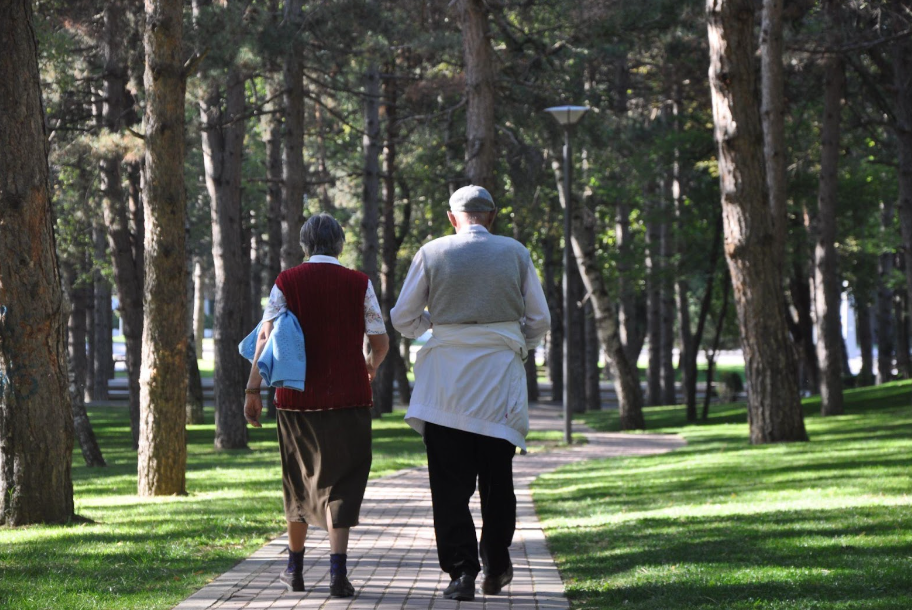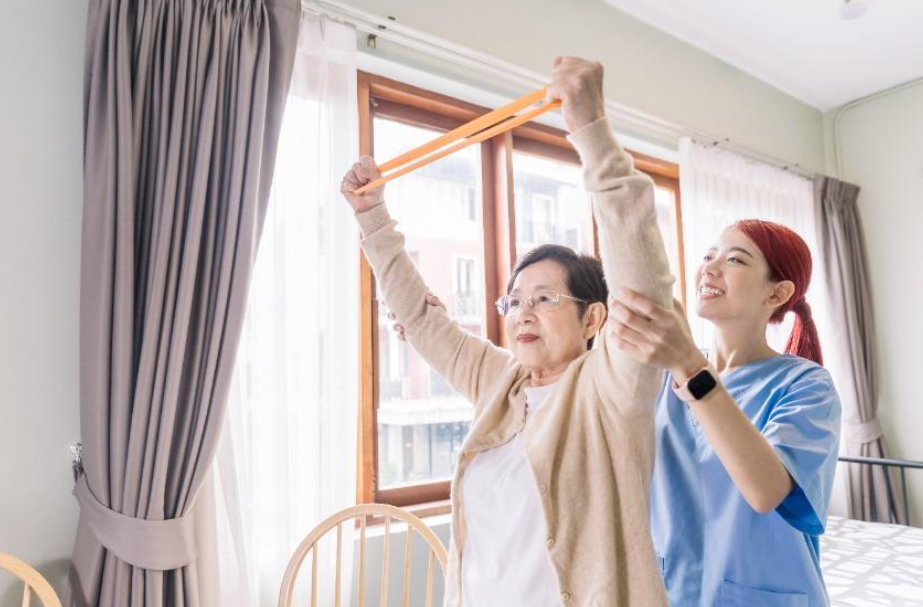Blog

Relocating after retirement can be both daunting and exciting. With so many relocation options, finding the perfect place to settle down and enjoy your retirement can seem overwhelming. That’s why we’ve put together some valuable insights and practical tips to help seniors with their retirement relocation process.

Did your physical therapist give you home exercises? Or, perhaps, you are unable to visit your rehabilitation center and need to do your exercises at home. Rehabilitation is an important recovery process aimed at coping with the consequences of your injury, and while rehabilitation can be performed at home, it is essential to do it right.

An individual suffering from pain or immobility can immensely benefit from physical therapy. But what if the patient is unfit to travel long distances to get physical therapy? For example, a patient who has undergone hip or knee replacement surgery can barely move out of bed without assistance, let alone travel to outpatient therapy centers.

Caring for a chronically ill loved one can be both physically and emotionally taxing, not only for the primary caregiver but also for the entire household. It can be rather distressing to witness someone you hold dear experience pain, discomfort, deteriorating health, disability, or fighting a losing battle against a terminal disease. What’s worse is that you have little to no control over it, except for extending support and comfort in such tough times.

As per the Alzheimer’s Association, a leading health organization in Alzheimer’s care, support, and research in the United States of America, more than 6 million Americans of all ages will have Alzheimer’s by the end of 2022. It further claims that by 2050, approximately 12.7 million people aged 65 and older will have Alzheimer’s disease.

As your parents and elders grow older, their dependency on you increases. It may be disheartening to see their frailty when you have always seen them full of vigor and good health. And this care does not stop with elders: at times, due to unfortunate incidents, it may be the younger generation who require continuous care.










